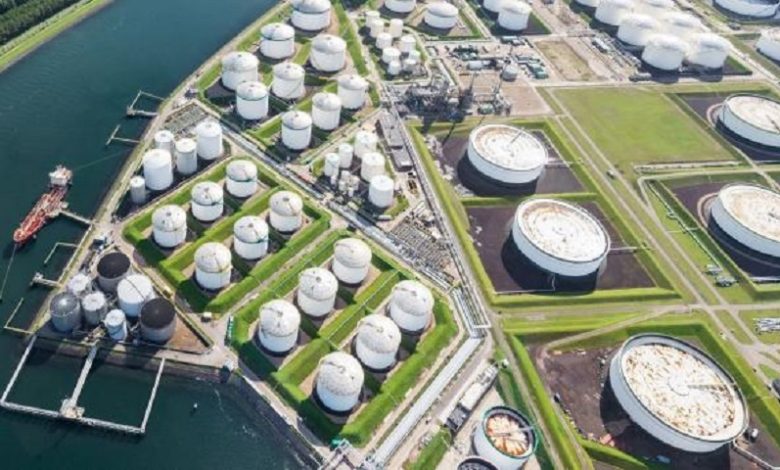95% of shipping’s zero emission fuel projects still on the drawing board

New research published today shows that more than 95% of supply side projects to produce zero emission fuels in maritime shipping are in the pre-final investment decision (FID) phase, meaning that the decision to invest capital and start construction has not been made. Maritime shipping requires an approximate 15% reduction in emissions by 2030 versus 2022 levels, to align with net zero by 2050 scenarios, and zero emission fuels are seen as a key to this.
These are among the findings of a new report from the World Economic Forum and Boston Consulting Group (BCG) report, which argues that the 180+ dual fuel vessels on order by carriers are not seen as a clear enough demand signal by fuel producers, necessitating long-term offtake agreements to justify FIDs.
Scaling up the market requires a fundamental shift in how fuel contracts for shipping are done, the authors of the study urge, calling for a move away from short-term spot market based contracts towards long-term offtake agreements.
Maritime transport is in the spotlight at COP28, the UN’s annual climate change conference underway in Dubai where the biggest shipping news thus far has been a joint declaration from the CEOs of leading global shipping lines, MSC, Maersk, CMA CGM, Hapag-Lloyd and Wallenius Wilhelmsen, calling for an end date for fossil-only powered newbuilds and urging the International Maritime Organization (IMO) to create the regulatory conditions to accelerate the transition to green fuels.
“COP is a great opportunity to sense check how wider players in the energy system are perceiving shipping, especially since the the revised strategy delivered at the Marine Environment Protection Committee (MEPC) this July, and if they have yet realised it is an obvious keystone/foundation for any national hydrogen strategies,” Dr Tristan Smith from UCL Energy Institute told Splash last week.
Aoife O’Leary, founder of the Skies and Seas Hydrogen-fuels Accelerator Coalition (SASHA) Coalition, agreed, maintaining it was critical to “priority set” and ensure shipping is at the “top table” when it comes to accessing the quantities of green hydrogen required to produce green methanol and ammonia.
“Indiscriminate use of green hydrogen could slow down the energy transition,” O’Leary warned urging shipping to coordinate with aviation counterparts to secure enough of the prized fuel.
Over the past decade, shipping emissions have risen 20%, according to UN data – a trajectory the world “simply cannot afford”, said Rebeca Grynspan, the secretary-general of the United Nations Conference on Trade and Development (UNCTAD).
“Our message at COP28 is very clear. Bold global action is necessary to decarbonise shipping,” Grynspan said, adding: “But shipping cannot decarbonise on its own. It requires action across the entire ecosystem.”
A new UNCTAD policy brief calls for bringing together carriers, ports, manufacturers, shippers, investors, energy producers and distributors to collectively help the industry decarbonise and ensure the process is just, fair and equitable.
The brief highlights that uncertainty over regulations and alternatives to fossil fuels are delaying the required investments.
The UNCTAD policy brief calls for the establishment of a universal regulatory framework applicable to all ships, regardless of their flag of registration, country of ownership or area of operation, to avoid a two-speed decarbonisation process and fragmented solutions and exemptions that distort the level playing field for shipping and trade.
UNCTAD is urging for the implementation of regulations that help minimise uncertainty, which currently hinders the investment decisions of shipowners, shipyards and ports. UNCTAD also joins a growing group urging for a carbon levy.
UNCTAD will work with sister UN organisation, the IMO, to work out how a variety of mid-term measures – including maritime greenhouse gas pricing mechanisms, currently under negotiation at the IMO – can potentially affect countries’ trade, GDP and consumer prices.
Splash will be bringing readers further updates from COP28.
